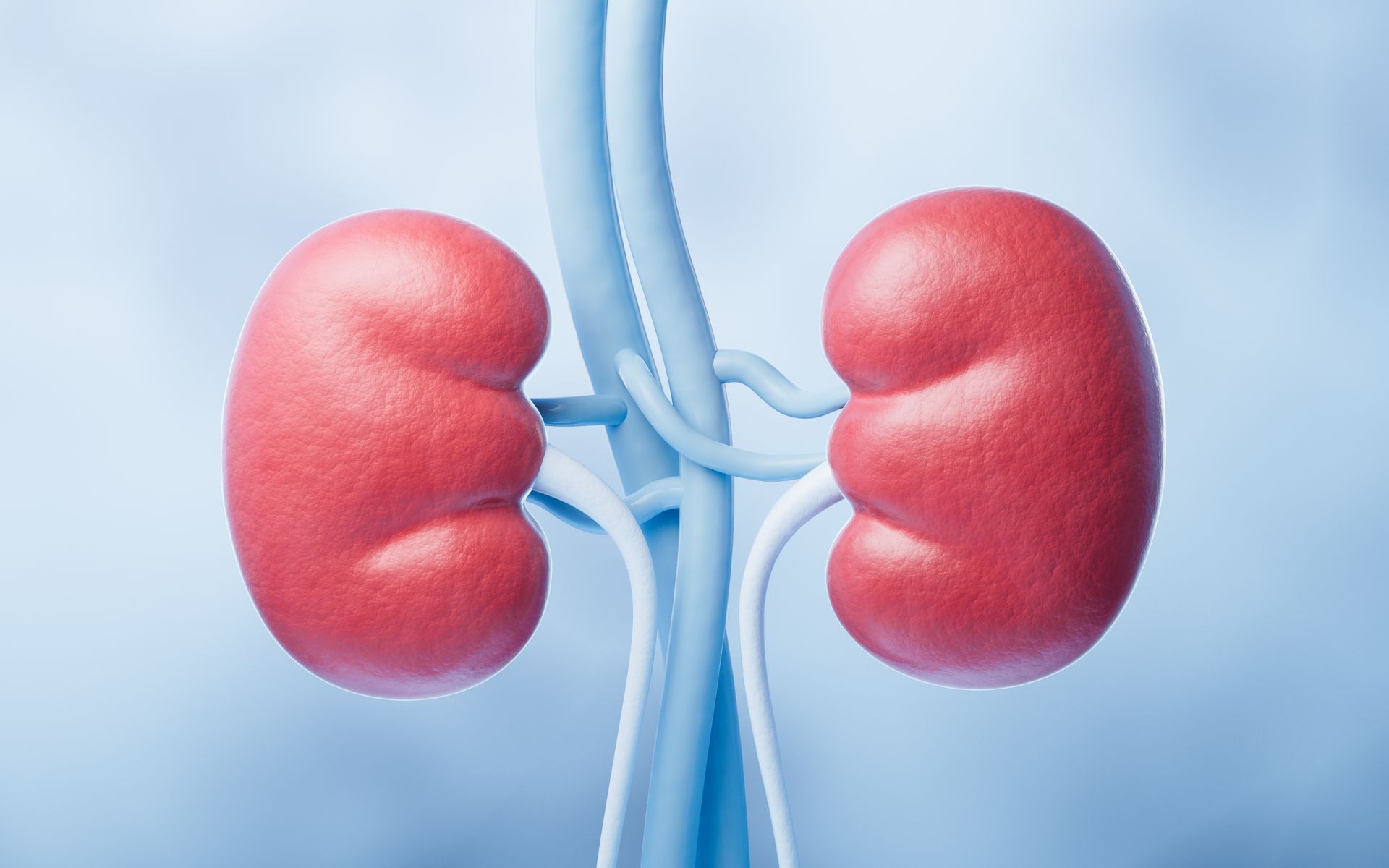Do crash diets work?
Do crash diets work? Not when it comes to long-term weight loss. Discover more sustainable alternatives.

Crash diets are everywhere – juice cleanses, soup-only weeks, calorie-restriction challenges and other fads. All promise fast weight loss and come with dramatic before-and-after photos.
We understand the appeal of losing weight quickly – but do crash diets actually work?
The answer depends on what you mean by 'work'. Yes, they can cause the numbers on the scale to drop quickly. However, the weight rarely stays off – and the health costs often outweigh the benefits.
Let's look at why crash diets don't work in the long run and what they do to your body. We'll also explore safer, more sustainable alternatives.
What is a crash diet?
A crash diet is any eating plan that involves consuming very few calories for a short period. That might mean:
- Drinking only shakes
- Eating nothing but soup or fruit
- Simply counting calories and cutting your daily intake down dramatically
People often turn to crash diets when they feel desperate or want to see quick results. And yes, crash diets do tend to cause rapid weight loss. But that loss is often water and muscle – not just fat. What's more, these results tend not to stick.
Do crash diets ever work?
Crash diets can result in short-term weight loss. But without medical support or long-term behaviour change, that weight almost always returns. Often, the weight bounces back – and you can end up weighing more than you did when you started.
So, do crash diets work? Maybe for a few weeks. But if your goal is sustainable weight loss and better health, they're just not going to cut it.
Why crash diets don't work
There are biological and psychological reasons why crash diets usually fail. Here's what happens when you drastically cut calories.
You lose muscle
When energy is in short supply, your body breaks down muscle tissue to keep vital systems running. Less muscle means a slower metabolism, which makes it harder to maintain weight loss and continue to lose weight.
Hunger increases
Calorie restriction causes your hunger hormones to spike. Levels of ghrelin (which makes you feel hungry) go up, while leptin (which helps you feel full) goes down, leading to an increased appetite.

Nutrient gaps open up
Many crash diets cut out whole food groups or rely on a small range of ingredients. That can lead to deficiencies in iron, calcium, fibre and other nutrients you need to stay healthy.
Mood and focus suffer
Lack of energy affects your psychological health, too.² People on crash diets often feel irritable and tired, which can affect their productivity and sleep. These diets can also affect concentration and motivation.
Without these basic needs being met, long-term weight management can be very difficult.
Are there health risks?
Yes. Crash dieting and restrictive eating habits can increase your risk of:
- Disordered eating behaviours
- Hormonal issues, including disrupted menstrual cycles
- Gallstones
Why do people still choose crash diets?
Because crash diets offer something people desperately want: control. For anyone who's tried slow and steady approaches without much success, the promise of quick change can feel like a lifeline.
Crash diets often look like the only way to 'do something'. This is especially true when pressure to lose weight is coming from family, friends, social media or medical professionals. And when they lead to short-term results, it's easy to assume they've worked.
But those results rarely last. The weight usually comes back – and people often blame themselves. That's a problem because it wasn't a lack of willpower that led to the weight regain. It was a system that wasn't built to support long-term success.
So, what works better?
Sustainable weight loss comes from small, achievable shifts you can live with. That might mean eating smaller amounts more regularly, improving sleep, reducing stress or even just moving more throughout the day.
Support makes a big difference, too – especially if you're dealing with hormonal changes or the emotional effects of past dieting.
Real progress doesn't have to be slow. It just needs to be safe and designed around your needs – not the latest diet trend.
A safer alternative: supported medical weight loss

If you're looking for results but don't want to go down the crash diet route again, there are effective, evidence-based options.
At SemaPen, we prescribe the weekly weight loss injections Wegovy (semaglutide) and Mounjaro (tirzepatide). These medications mimic hormones that help control appetite and digestion. They help you feel fuller, eat less and start to lose weight without crash dieting.
You don't have to follow a liquid-only plan or cut out food groups. You just eat a normal, balanced diet – and get support from our obesity experts along the way.
How well do they work?
- With Wegovy, users lose around 15% of their body weight over 68 weeks
- With Mounjaro, users lose
around 21% over 72 weeks
These results were seen in large clinical trials. Participants followed a typical, calorie-conscious diet (not an extreme one) and exercised more. No crash dieting was involved.
Why SemaPen?
We combine prescription treatment with human support, so you're never left figuring it out alone. We're also part of Phoenix Health, the only bariatric clinic trusted by the NHS to provide treatment.
Each SemaPen programme includes:
- A full medical consultation to check your suitability
- A smart scale that tracks progress automatically and feeds through to our experts to monitor your progress and step in when needed
- Expert chat support from obesity specialists
- A money-back guarantee if the treatment doesn't work for you*
There's no calorie-counting spreadsheet and no weird meal rules. Just a structured, supportive plan that helps you lose weight at a healthy pace.
H3: Do crash diets work? (The short answer)
They might help you lose weight fast. But they don't support your health or your ability to maintain that weight loss. And they often leave you feeling worse than when you started.
SemaPen offers an alternative to crash diets that doesn't punish your body or rely on willpower alone. Instead of starving yourself to slim down, you follow a sensible weight loss plan that fits your real life. Are you ready to find out if it's right for you? Take our online consultation to get started.
Sources and small print
1. Weigle, D.S. et al. (2003) "Roles of leptin and ghrelin in the loss of body weight caused by a low fat, high carbohydrate diet" The Journal of Clinical Endocrinology and Metabolism, 88(4) https://doi.org/10.1210/jc.2002-021262
2. Habib, A. et al. (2023) "Unintended consequences of dieting: How restrictive eating habits can harm your health" International Journal of Surgery Open, 60 https://doi.org/10.1016/j.ijso.2023.100703
3. https://www.niddk.nih.gov/health-information/digestive-diseases/gallstones/dieting
4. Wilding, J.P.H. et al. (2021) "Once-weekly semaglutide in adults with overweight or obesity" The New England Journal of Medicine, 384(11) https://doi.org/10.1056/NEJMoa2032183
5. Jastreboff, A.M. et al. (2022) "Tirzepatide Once Weekly for the Treatment of Obesity" The New England Journal of Medicine, 387(3) https://doi.org/10.1056/NEJMoa2206038
* Terms and conditions apply.
This article was reviewed and approved by Qutayba Almerie MD, MSc, FRCS on 14 July 2025.
- Average 15–21% weight loss
- Trusted programmes built by UK experts
- Personalised advice and support
- Smart weight loss app to track progress and learn positive habits
Your journey starts in the app
Unlock tailored support, weight tracking and more.
1
Download the free app
2
Take your digital consultation
3
Start your programme












